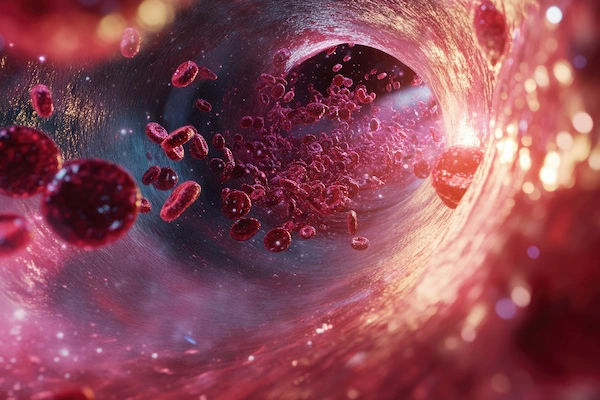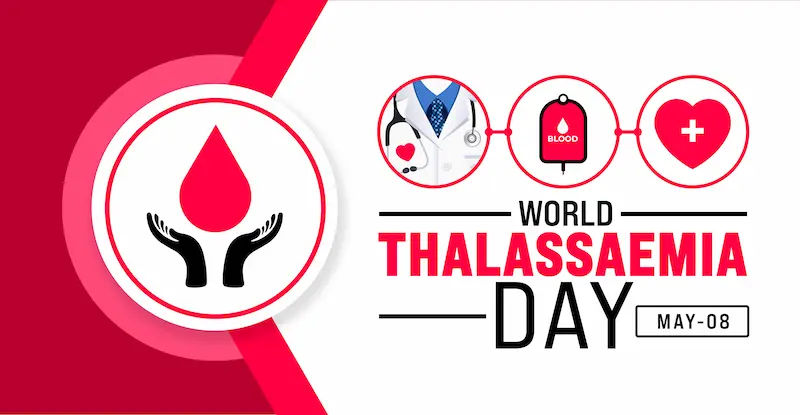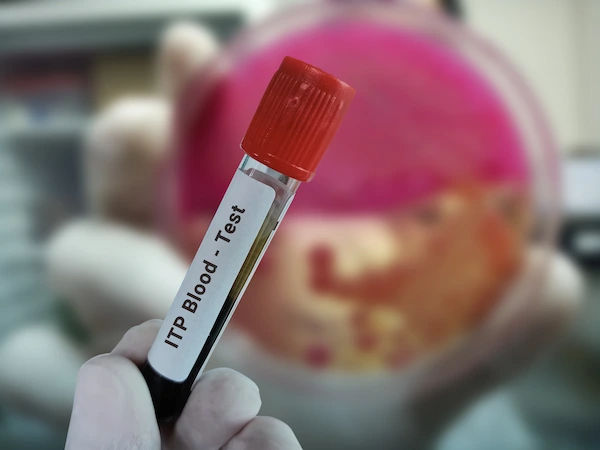- female
- 35 Years
- 07/02/2025
I'm really worried about my wife. Her hemoglobin count is down to 6.2, and Im not sure what we should do. Shes also dealing with asthma, adenomyosis, endometriosis, and she's gained some weight. Could you give us some advice on how to handle everything that's going on?
More Haematology Health Queries
View allI'm a bit worried about my recent blood and urine test results. Most things came back normal, and both VDRL and HIV tests are non-reactive, which I'm relieved about. But my monocytes count is nil, and lymphocytes are at 30. Should I be concerned about these numbers? Could you explain what this might mean for my health?
its normal
Answered by 1 Apollo Doctors
I'm trying to understand more about my B12 deficiency diagnosis. Can you explain the treatments I'm being given? I'm a bit confused and just want to make sure I'm doing the right things for my health.
use medicine
Answered by 1 Apollo Doctors
I'm looking over my blood report, and it says predominantly normocytic normochromic with microcytes and ovalocytes, and my hemoglobin level is 9.5. Should I be worried about these findings, and what do they actually mean for my health?
The effect of a tetanus vaccine typically lasts for 10 years, after which a booster shot is recommended to maintain immunity . This is regardless of the vaccine's price, which in your case is Rs10. It's great that you're taking proactive steps to ensure your tetanus vaccination is up to date. The Centers for Disease Control and Prevention (CDC) and medical professionals worldwide agree on the 10-year timeline for booster shots. *Tetanus Vaccine Timeline:* - *Initial Vaccination:* A series of three shots, with the first two given at least four weeks apart, and the third shot given 6 to 12 months after the second . - *Booster Shots:* Every 10 years to maintain immunity [2).
Answered by 1 Apollo Doctors
Disclaimer: Answers on Apollo 247 are not intended to replace your doctor advice. Always seek help of a professional doctor in case of an medical emergency or ailment.






